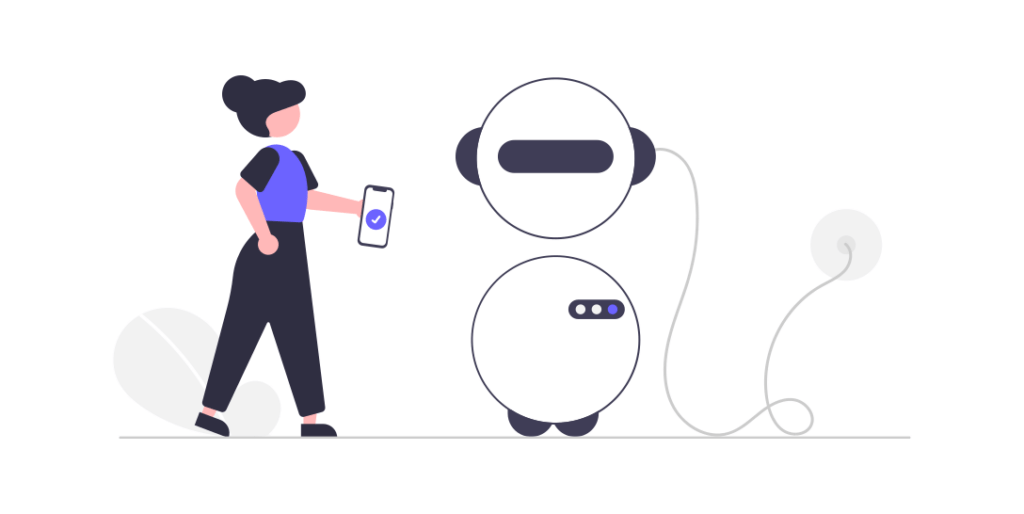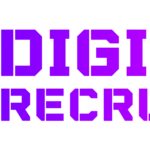The AI Revolution: Transforming Recruiting and HR with Cutting-Edge Technology
Human Resources is no longer just about payroll and paperwork. In today’s data-driven world, AI is rapidly transforming the landscape, injecting precision and efficiency into every facet of recruiting and employee management.

Gone are the days of sifting through mountains of resumes by hand or relying on gut instincts for hiring decisions. AI is ushering in a new era of informed talent acquisition, optimized workflows, and improved employee engagement. But how exactly is this futuristic technology revolutionizing the HR world? Let’s delve into the exciting possibilities:
- Supercharged Sourcing:
Imagine casting a digital net across the vast ocean of talent pools, effortlessly catching the perfect candidates. AI-powered sourcing tools do just that. By analyzing social media posts, professional networks, and even past hiring successes, AI can identify individuals with the skills, experience, and cultural fit your company craves. According to LinkedIn, 87% of recruiters are leveraging AI for talent sourcing, highlighting its effectiveness in attracting top talent.
- Bias-Busting Screening:
Human biases, conscious or unconscious, can creep into traditional resume screening, leading to missed opportunities. AI, however, analyzes resumes objectively, focusing on skills, keywords, and achievements. This removes bias from the equation, ensuring a fair and meritocratic candidate selection process.
“AI can be a powerful tool for promoting diversity and inclusion in the workplace by eliminating unconscious bias in the recruitment process,” says Dr. Catherine Hill, a leading expert in HR technology.
- Interviewing Reimagined:
Let’s face it, traditional interviews can be stressful and time-consuming. AI-powered video interviews are changing the game by offering automated pre-screening, analyzing candidate responses for specific criteria, and even providing insightful personality assessments. A study by IBM found that AI-powered video interviews reduced hiring bias by 35% and shortened the recruiting process by 20%.”
- Employee Engagement Amplified:
Keeping employees happy and engaged is crucial for retention and productivity. AI can analyze sentiment from internal surveys and communication channels, identifying potential issues and opportunities to improve employee morale. Personalized recommendations for career development and learning can also be generated, ensuring employees feel valued and invested in their future with the company.
“At Google, we’ve seen a 20% increase in employee retention since implementing AI-powered engagement initiatives,” shares Sarah Johnson, Head of People Operations at Google.
- HR Workflow Optimization:
From onboarding new hires to managing benefits and payroll, HR teams often get bogged down in mundane tasks. AI can automate these repetitive processes, freeing up valuable time for HR professionals to focus on strategic initiatives and building meaningful relationships with employees. According to Gartner, AI-powered automation can save HR teams up to 30% of their time, allowing them to focus on more strategic tasks.
The Human Element: A Crucial Partner:
It’s important to remember that AI is not a replacement for human interaction in HR. Its true power lies in augmenting human capabilities, providing data-driven insights, and streamlining processes to allow HR professionals to focus on what they do best – connecting with people and fostering a positive and productive work environment.
Conclusion:
The integration of AI in recruiting and HR is not just a trend; it’s a fundamental shift in how we manage talent and build successful companies. By embracing this transformative technology, organizations can attract and retain top talent, optimize workflows, and create a positive employee experience.
